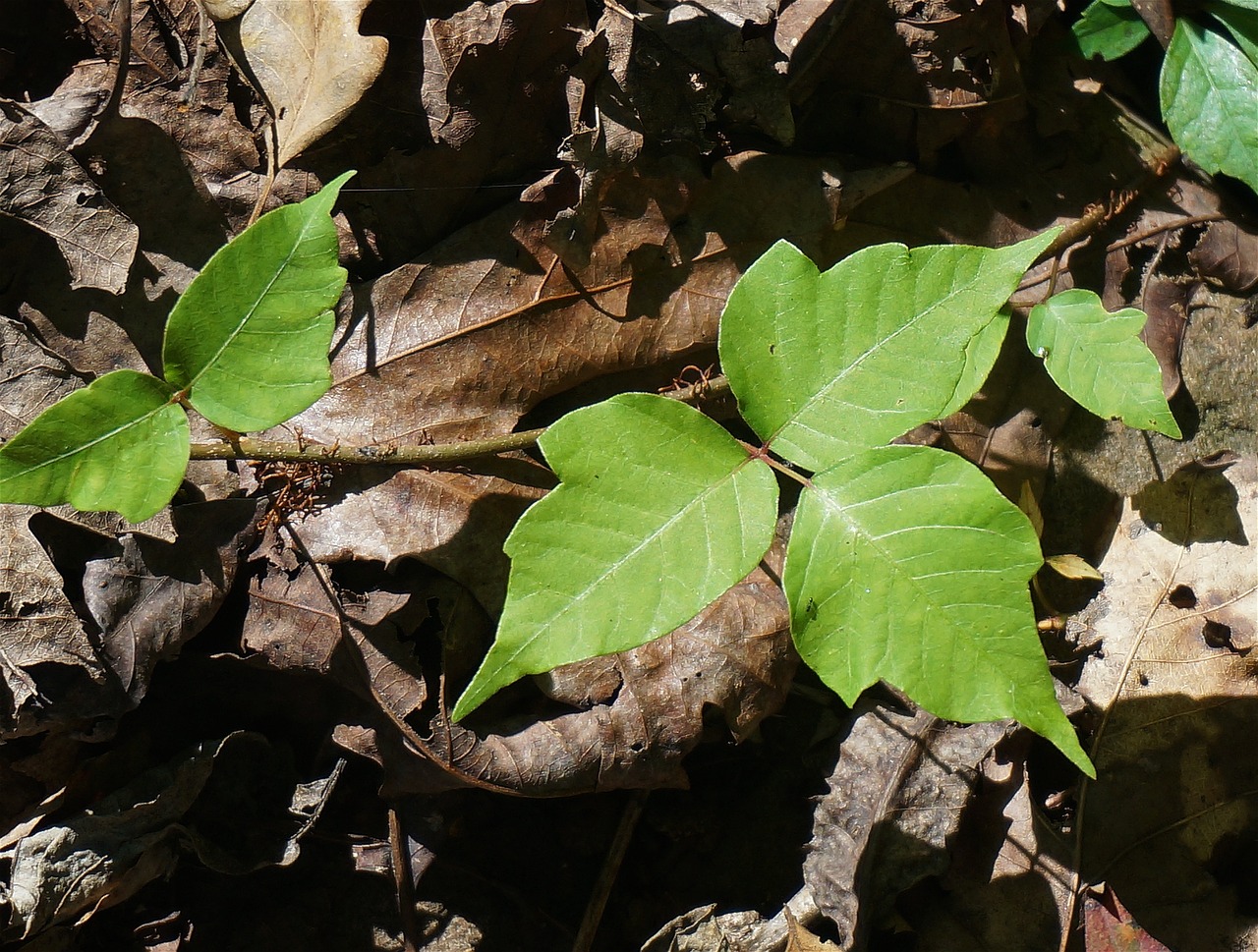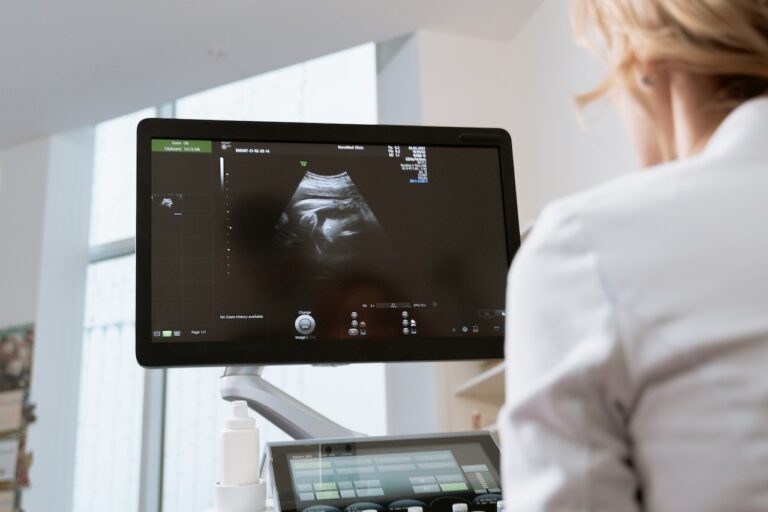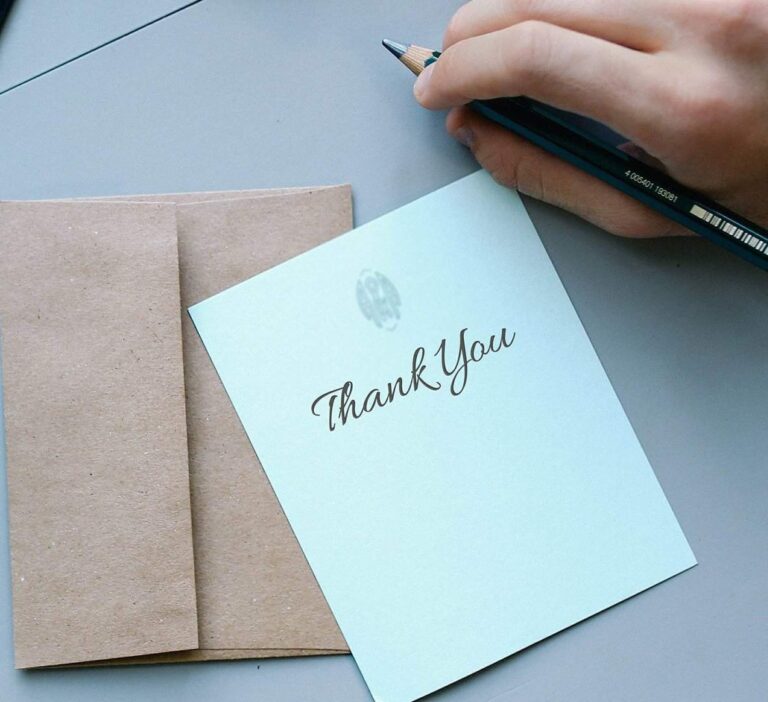Is Poison Ivy Dangerous to a Pregnant Mother?
Gardening is many Americans’ favorite pastime. There is something rewarding when you watch your plants grow and thrive. Gardening is a great stress reliever during pregnancy, and mothers-to-be can enjoy the extra workout without putting a strain on their bodies.
However, your garden can also be the home of hazardous weeds. A familiar backyard threat is poison ivy. It grows in almost all parts of the USA and leaves your skin feeling prickly and red.
Nobody wants to have poison ivy in the garden. While it will not cause direct harm to your baby, poison ivy can leave any pregnant mother (or anyone for that matter) itchy and uncomfortable. Here is how you can deal with this nasty weed.
Skip To The Following Sections
What is Poison Ivy?
Poison ivy is a weed that grows in many places in the United States. Poison ivy can be a shrub or a vine, and you can find it crawling on the ground, poles, other plants, or trees. Poison ivy has three glossy leaflets and comes with berries or flowers.
Poison ivy gets its name from the nasty rash it leaves you when you accidentally touch it. Its sap contains an oil called urushiol, which causes itchiness and rashes on your skin. You can also get infected by poison ivy by touching objects that have come in contact with its oil.
Poison ivy can leave reddish marks on your skin. You will also experience symptoms such as itchiness, swelling, and blisters. In some cases, your poison ivy rash can develop a bacterial infection.
Some people might accidentally ingest poison ivy. In small amounts, poison ivy will cause minor problems, such as rashes, vomiting, and diarrhea. However, a large amount of poison ivy can lead to fatal effects.
Burning and inhaling poison ivy is also dangerous. Poison ivy can cause affect your lungs, airway, and eyes and cause irritation.
Some people are hypersensitive to poison ivy and experience more severe symptoms. An allergic reaction to poison ivy can lead to fatality. People may experience trouble breathing and swallowing and will require immediate medical attention.
Is Poison Ivy Dangerous to a Pregnant Mother?
Poison ivy can leave you feeling itchy and distressed. However, it should not affect your pregnancy.
Most home remedies for poison ivy are effective. However, you will need medical attention for more severe allergic reactions, such as those with hypersensitivity. Immediately seek your doctor’s help when you are experiencing difficulties in breathing and swallowing and if your rashes have spread across your body and are affecting your daily life.
Inhaling or ingesting poison ivy is dangerous. However, there have yet to be cases where it affected a fetus’ well-being. With that said, it is still crucial that you seek immediate care when exposed to poison ivy.
Severe infection from poison ivy will require medication. Tell your doctor about your pregnancy, so they will know which medication to prescribe you.
Home Remedies for Poison Ivy
Poison ivy rash is, thankfully, treatable at home. You can take care of a poison ivy rash in the comfort of your home if you are not experiencing severe symptoms. Even if left untreated, poison ivy can disappear within two to three weeks.
Of course, many people may not stand the stinging pain for even one day. So what can you do when you have been affected by poison ivy?
Washing your skin should be your first priority if you have been infected with poison ivy. Get as much of the oil off your body immediately. Wash your clothes and equipment to remove the poison ivy oil on them and prevent the spread to other people.
Antihistamine is an over-the-counter solution that many people use when having an allergic reaction. While generally safe, you should first consult your doctor if it is okay to take antihistamines while pregnant.
You should avoid scratching your skin since it will cause further irritation and increase the risks of a bacterial infection. Instead, look for other soothing alternatives to get rid of the itch.
Some essential oils such as peppermint, chamomile, and eucalyptus can provide a cooling and relaxing effect that can remove the itchiness.
A warm bath with oatmeal is a popular home remedy for poison ivy. You can relax and keep your mind off scratching your skin while the fine oats coat your body and provide temporary relief.
Finally, you can try apple cider vinegar on your skin for relief. Anecdotal evidence suggests that apple cider vinegar helps the healing process by drying up the oil faster. While there is no concrete research behind this, there is no harm in trying.
How Do I Avoid Getting Poison Ivy Rash?
Prevention is always better than cure, and nobody likes the feeling of poison ivy on their skin. Thankfully, poison ivy rash is avoidable.
Knowing what poison ivy looks like is a step in the right direction. There is always the old saying: Leaves of three, let them be. If you ever find poison ivy, it is best to ignore or remove them carefully.
Wearing protective gear and long sleeves while working in your garden can protect you from close contact with poison ivy. Poison ivy can stick to your clothes, shoes, and equipment, so remember to wash them thoroughly after use.
Finally, if you have pets that freely roam your garden, you should wash their fur, especially if they have touched poison ivy. Poison ivy does not affect pets the same way it does humans. But the oil can stick onto their fur and spread to owners through petting and hugging.
Fortunately, poison ivy rash is not a contagious illness. Either way, nobody wants to get infected by poison ivy. So stay aware of your garden while working in it.
FAQ
How do I spot a poison ivy plant?
Poison ivy comes in shrub or vine form and consists of three leaflets that can either be smooth or jagged. Poison ivy changes color based on the season and bears fruits or flowers.
Is poison ivy contact fatal?
People who are hypersensitive to poison ivy can experience fatal symptoms such as shortness of breath and trouble swallowing, which require immediate medical attention.
I am allergic to poison ivy and accidentally had contact with it. What should I do?
Immediately seek professional help when you experience severe symptoms. If symptoms are mild and tolerable, you can treat poison ivy rashes at home.










